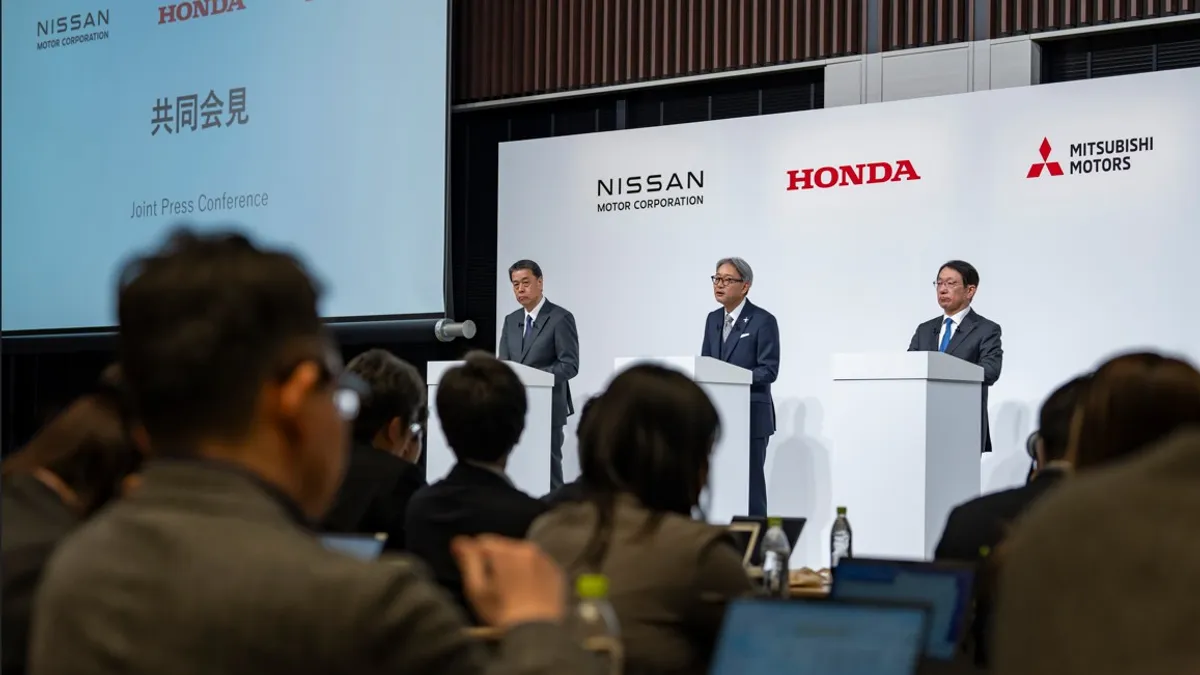General Motors revised its 2025 earnings guidance, projecting adjusted earnings before interest and taxes (EBIT) between $10 billion and $12.5 billion, down from its earlier estimate of $13.7 billion to $15.7 billion. This adjustment reflects an anticipated $4 billion to $5 billion impact from newly imposed tariffs on imported automobiles and parts.
The tariffs, introduced by President Donald Trump's administration, include a 25% levy on imported vehicles and components, aimed at bolstering a return of domestic manufacturing from Canada and Mexico, as well as an attempt to encourage automakers from Europe, South Korea and Japan to build more vehicle and parts assembly plants in the U.S.
While the administration has eased some aspects – such as preventing the “stacking” of tariffs on steel and aluminum and offering partial reimbursements for U.S.-assembled vehicles – the financial strain on automakers like GM remains significant.
In response, GM CEO Mary Barra emphasizes the company’s strategy to leverage existing U.S. production facilities rather than relocate plants from Mexico. She also indicates GM’s goal is to keep vehicle pricing stable despite the increased costs.
The tariffs are paid by automakers and parts suppliers, not the foreign countries from which goods are imported, though Trump and Treasury Secretary Scott Bessent frequently say otherwise. Tariffs typically result in higher prices for consumers.
Barra emphasizes GM's proactive engagement with policymakers, noting, “We look forward to maintaining our strong dialogue with the Trump administration on trade and other policies as they continue to evolve.” She adds, “there are ongoing discussions with key trade partners that may also have an impact.”
Despite the challenges of tariffs, which are counter to the trilateral trade agreement among the U.S., Mexico and China that Trump signed in his first term, investors are showing confidence in Barra’s ability to navigate the problem.













